
Coral reefs and their associated animals are more sensitive to global warming than previously thought, according to a new study that shows how ocean acidification wipes out zooplankton populations, which are vital for coral survival. Researchers at the Australian Institute of Marine Science (AIMS) in Queensland studied zooplankton levels in the vicinity of underwater volcanic CO2 seeps to determine how they are affected by water acidity.
“Zooplankton gives corals vital nutrients such as phosphorus and nitrogen as well as important things like trace elements and essential amino acids...
Read More


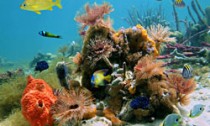
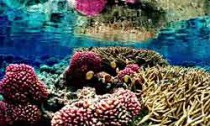
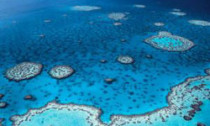
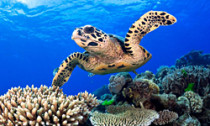
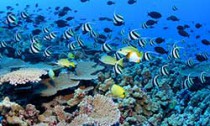
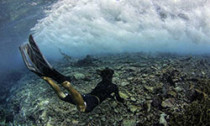


Social Profiles